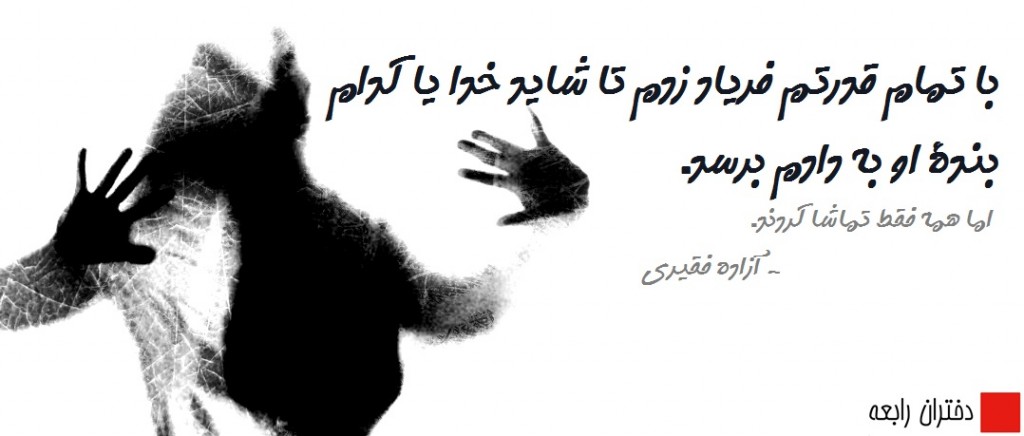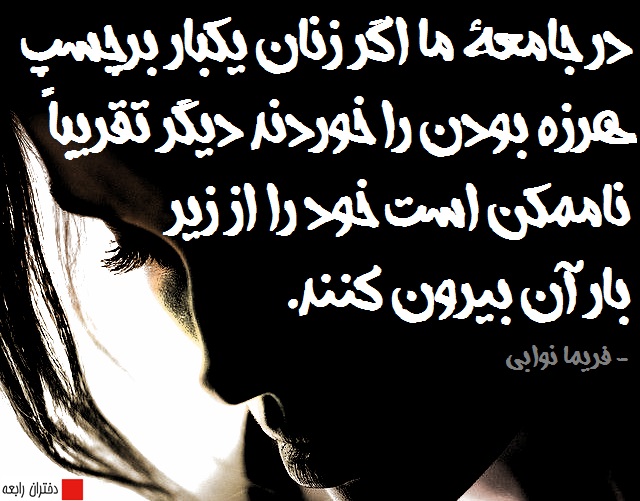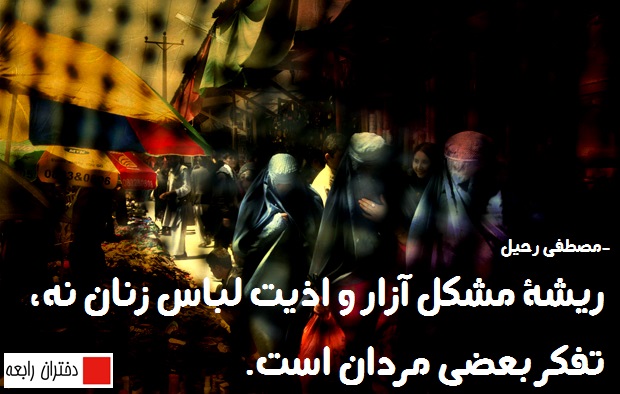
Guest Blog Post for International Anti-Street Harassment Week 2015
About seven months ago, one afternoon I was walking out of a class I taught with enthusiasm and full of energy and headed home. On the way, I decided to stop by a super market to purchase somethings I needed.
When I exited the store, I saw a big car with black windows parked near the entry door of the market. There were two men inside the car. They immediately began inviting me to their car and calling me names. I ignored them. I looked down and continued walking home, but before I knew it I noticed one of the men in front of me with his arms wide open as if he wanted to embrace me. I said something loudly because I was terrified. He moved out of my way and I kept walking. I then noticed two guards standing in front of a building very close to the market. I asked them why they hadn’t done anything to protect me and one of them said abruptly, “we are here to guard this office. Defending women and girls is not our job.”
I was debating with the guards when I found the black car near me once again. This time, they began saying obscene things to me. I got really angry and asked them, “are your sisters and mothers prostitutes that you assume all women are?”
One of the men got really enraged and got out of the car. He ran towards me and began slapping my face. Soon, he was hitting me everywhere and kicking me. I had not imagined this would ever happen so I didn’t know what to do. I began screaming in the hopes of God or one of His followers helping me. The most shocking thing was the fact that both guards were still watching in silence. My screams brought a crowd of men and women around. People came of their houses and offices and began to watch me being beaten. The enraged man did not stop at hitting me. He ran back to his car and brought a big gun out with him. He looked at me and said, “I will fill you with lead.”
He loaded the gun, but his friend attempted to calm him down and ultimately stopped him from firing.
After that, they both got inside the car and left the area while yelling obscenities at me. The crowd was still watching me. Some people looked at me with pity while others with hatred and blamed, but they all had thousands of questions. Some asked me who the men where, what they wanted from me and whether I knew them. The same people who moments ago were quiet as rocks had somehow regained their voice and were questioning me. I do not remember what I told them. I just wished I could erase this day from my memory.
By Azada Faqiri, cross-posted from Dukhtarane Rabia (Daughters of Rabia): A blog on social justice in Afghanistan
Poster text: I screamed with all my might so that of God or one of His followers might help me. But everyone just kept watching.




